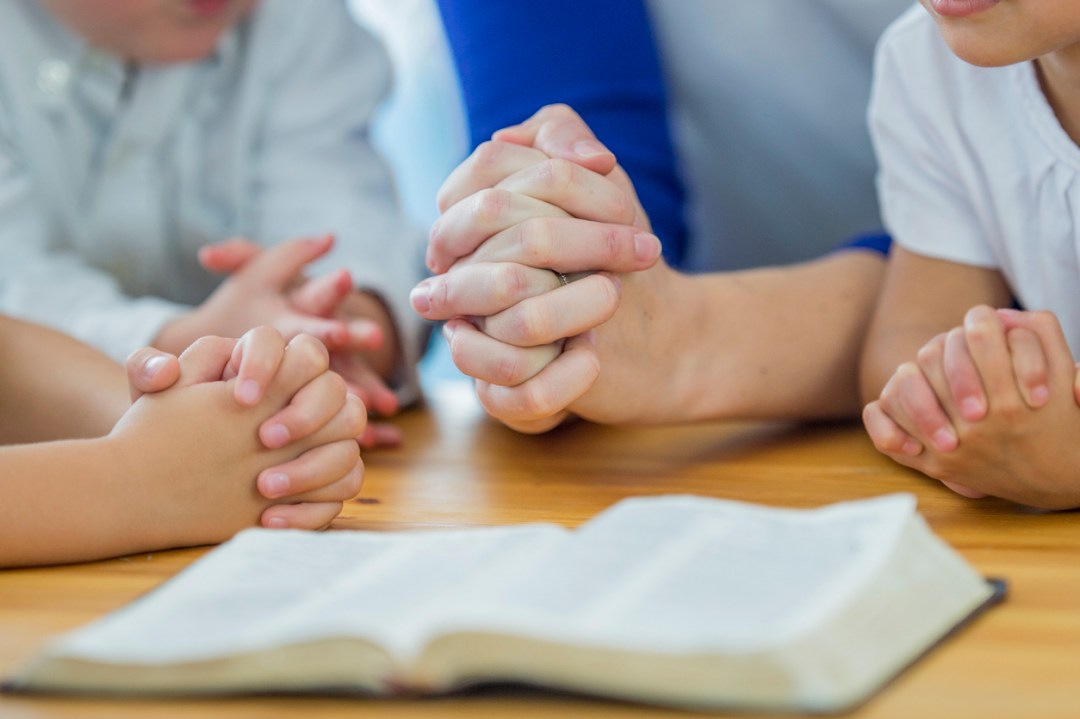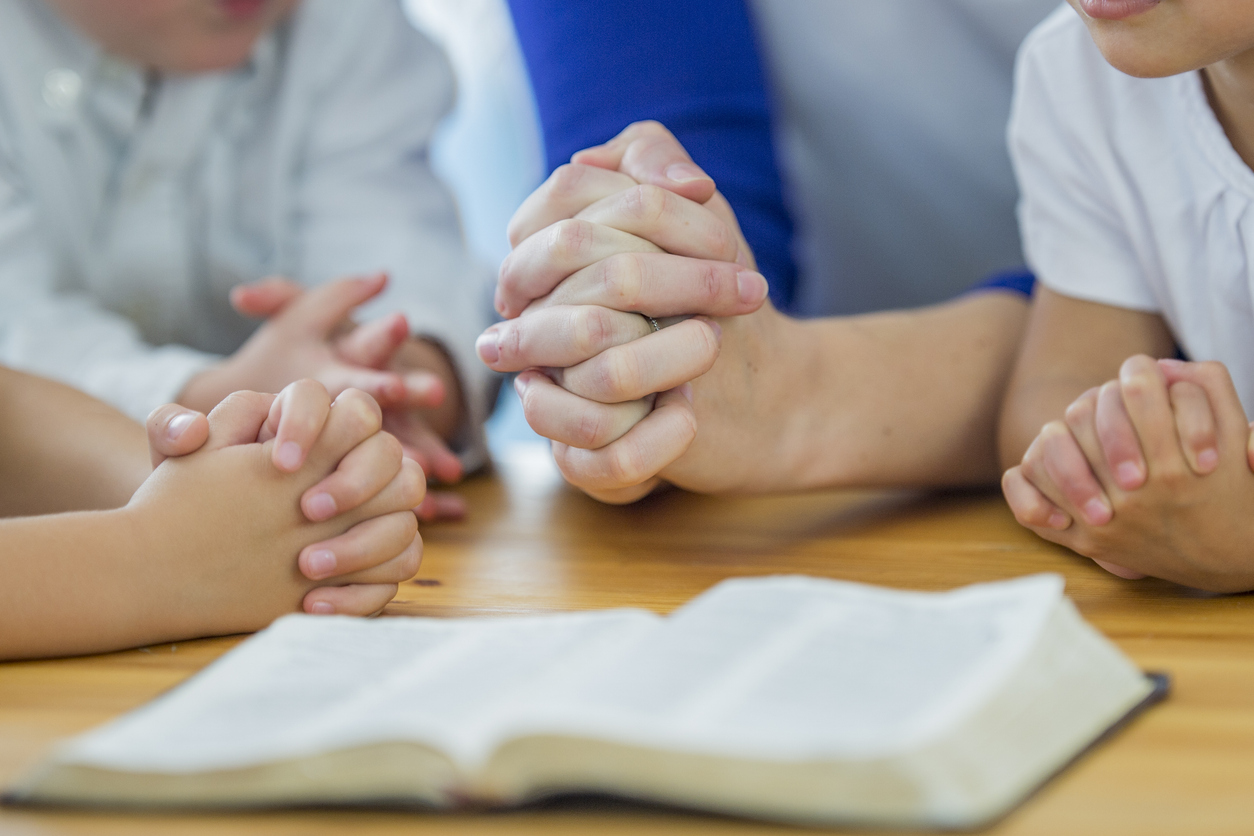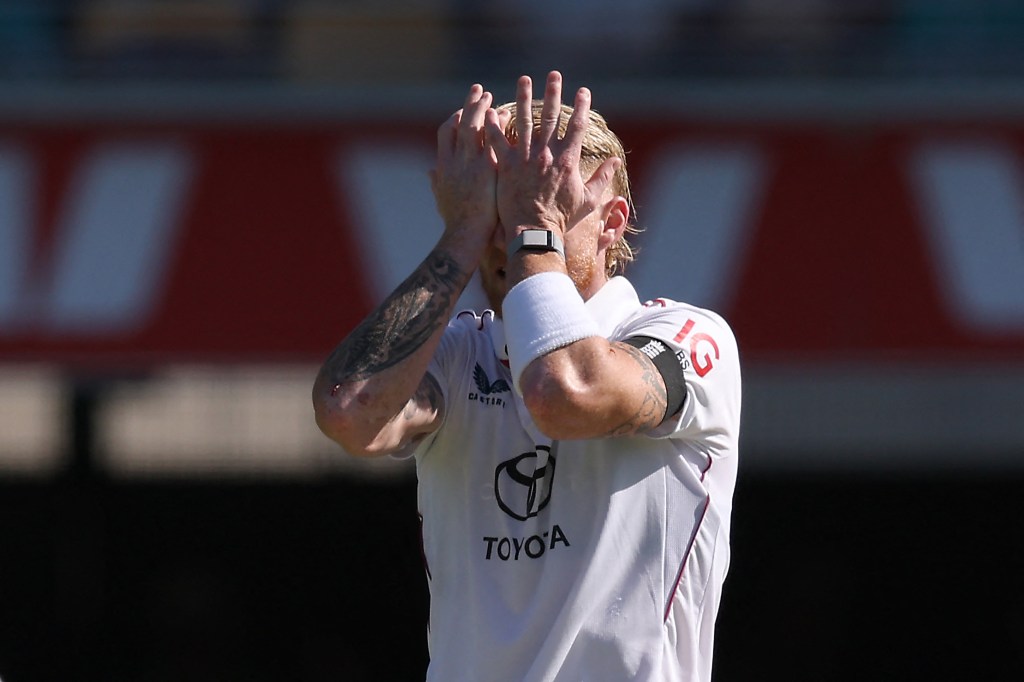In my first few teenage years I attended Christian holiday camps rather like the ‘Bash’ camps where John Smyth and Justin Welby prayed in the same dormitory. They were run by old boys from the school. It was a day-school, but obviously these camps had a boarding school feel.
I loved it. It was like being at Hogwarts. I adored the clubby vibe, the belonging, the games, the lingo, the gossip, the praying together in the dorm, the sing-songs with cocoa. I went back for more every summer and Easter holidays for the next few years. It was a huge group of friends, still sweaty from a football game, congregating to worship. The theology was gently evangelical, in the public school tradition of ‘muscular Christianity’ – the cultural glue was ‘games’, meaning sport played in a particular spirit of fun and fellowship.
Every evening there was a service in the chapel, at which an ‘officer’ gave a talk. It was so much more fun than stuffy old church! These impressive young men (of about nineteen!) would testify that their lives were committed to God, that they tried to be good Christians. They warned that being a Christian wasn’t all fun, it meant a lot of effort, it meant daring to seem uncool. But this effort, this sacrifice was worth it; it gave one a ‘relationship with God’ (the key phrase).
It was all very innocent, but on the other hand complete innocence is confined to Eden. There was an all-male intensity that arouses half-justified suspicion in outsiders. Was the homo-social vibe laced with eroticism? I suppose so, but it’s hard to say how. One or two crushes were known to occur – but that gives the wrong impression: there was a general crushiness mixed in with a thirteen-year-old’s admiration for a seventeen-year-old rugby star and maybe vice-versa. I admired these older boys very much. Some of them seemed heroic, godlike. I was hugely flattered that they were so nice to me.
I drifted away after a few years, finding this version of religion a bit shallow and hearty for me. But it very much stayed with me, the sense of community. Sure, it was an odd bubble – all male, privileged – but that very narrowness enables a rare intensity. In later life community is complicated by gender and class, and other stuff, so this early limited version retains a sort of supremacy. It was hugely influential on me in religious terms: without it I would probably have drifted away from my Anglican upbringing. Instead, I drifted back to faith as an undergraduate.
So I’m not sure what to conclude. I was intending to argue that the Smyth business shows the obsolescence of this whole tradition. A posh male version of Christianity, with its officer-class ethos, should have died out by now. It unhelpfully links religion with outdated views of the world. But maybe that’s an over-reaction: there’s no harm in young Christians feeling a bit different from secular normality. In a way you need that sense of difference, for a religious culture to exist. At the camps that I attended, the sense of difference was pretty mild. The hearty traditionalism was semi-ironic, just a form of shared culture, of bonding.
And, crucially, the approach to religion was near-enough to middle-of-the-road Anglicanism. It was fun and relaxed, and there were Evangelical elements, but a vague liberalism hung over it all. This was not the case at the Bash camps: they were more ideological, more factional, opposed to the liberal drift of the C of E. Smyth himself was a sort of culture-warrior who had done legal work for Mary Whitehouse. There were lots of zealots, dreaming of transforming the Church and the nation (alas their plans for the Church largely came to pass).
I’m glad I was exposed to the liberal version of public school Christianity. The other sort would have put me off for life.









Comments